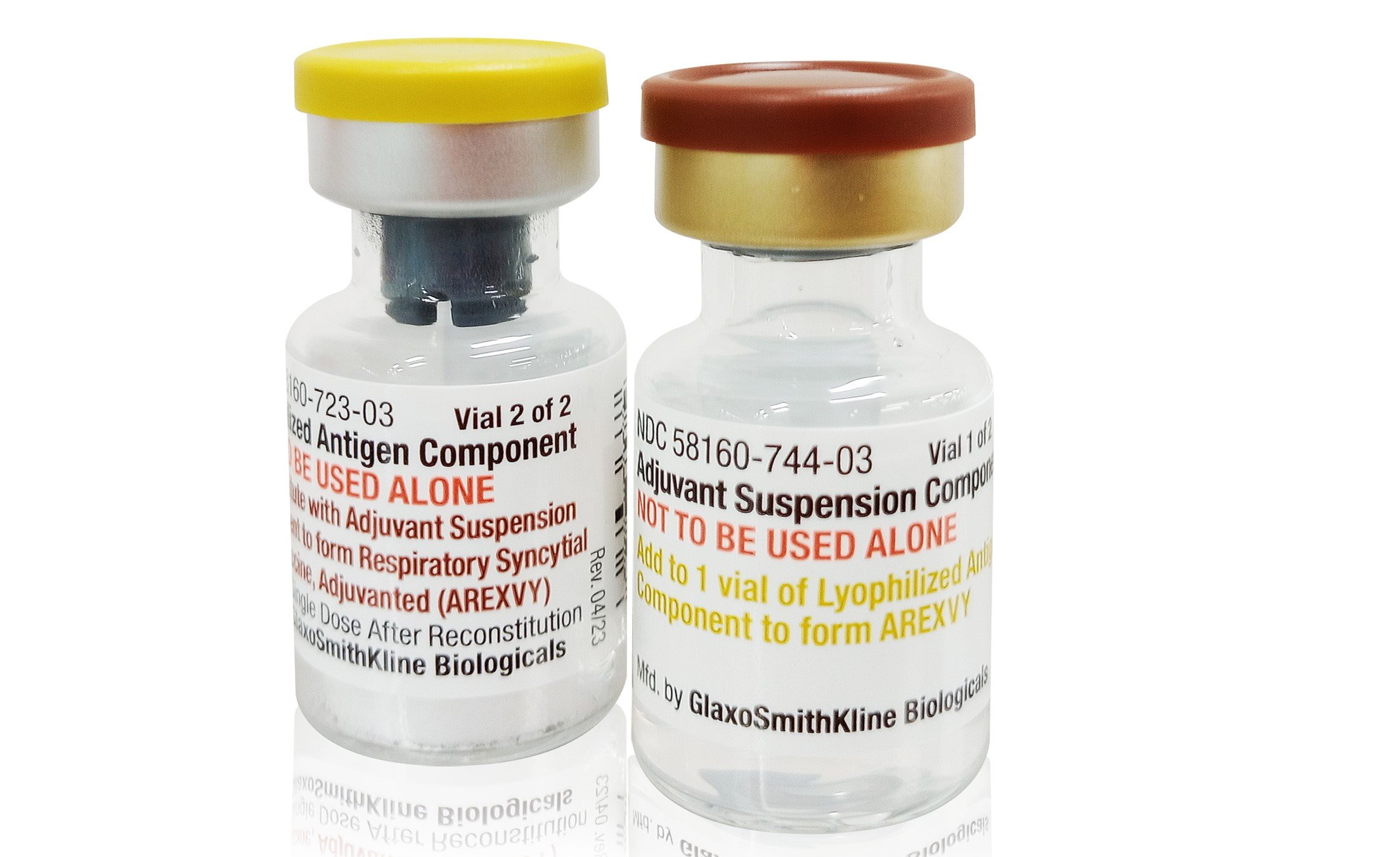The Standing Committee on Vaccination (STIKO) now recommends that older and particularly vulnerable individuals get vaccinated against the Respiratory Syncytial Virus (RSV) to prevent severe respiratory illnesses.
STIKO advises that people aged 75 and older should receive the RSV vaccination. Additionally, the vaccination is recommended for people aged 60 and older with risk factors, according to a statement released by the Robert Koch Institute.
The committee recommends a single dose of the vaccine before the RSV season as a standard vaccination using the vaccines Arexvy and Abrysvo. In Germany, the RSV season typically runs from October to March.

Protecting residents of care facilities
The primary aim is to reduce respiratory infections caused by RSV among individuals aged 75 and older and those aged 60 and older who reside in care facilities or have a significantly increased risk of severe illness.
Those at heightened risk include people with severe chronic respiratory diseases, cardiovascular and kidney diseases, certain cancers, chronic neurological and neuromuscular diseases, diabetes mellitus with complications, or severe immune deficiencies.
According to current scientific understanding, milder forms of these conditions or those well-controlled with medication do not generally result in severe RSV illness.
Combining RSV and flu vaccinations
The RSV vaccination is not intended to be an annual vaccine. It is currently unclear if repeat vaccinations will be necessary. However, the RSV vaccine can be administered concurrently with the seasonal flu vaccine.
For optimal protection during the RSV season, the vaccination should be administered in late summer or autumn. In June, STIKO also recommended an antibody treatment for infants to protect against RSV.
About the two recommended vaccines
Arexvy is an RSV vaccine designed to prevent severe symptoms of lower respiratory tract disease (LRTD) caused by the respiratory syncytial virus. It is primarily intended for older adults aged 60 years and over, as well as adults aged 50 through 59 years with certain chronic medical conditions. Arexvy helps the body build an immune response against RSV by inducing antibodies. This vaccine demonstrated 94.6% efficacy in reducing the risk of RSV-associated LRTD in older adults with underlying conditions, with an overall efficacy of 82.6%. Common side effects include injection site pain, fatigue, muscle aches, headache, and joint pain. Arexvy was approved in 2023, and is the first RSV vaccine for older adults.
Abrysvo is also a vaccine designed to protect against lower respiratory tract disease caused by the respiratory syncytial virus. It has two primary indications:
- For adults 60 years and older: Abrysvo is administered to adults aged 60 years and older to prevent severe LRTD associated with RSV, such as bronchitis or pneumonia.
- For pregnant individuals: Pregnant people receive Abrysvo during weeks 32 through 36 of pregnancy to safeguard their infants from RSV-associated LRTD. This protection extends from birth through 6 months of age for the infants. Abrysvo is the only RSV vaccine approved for use during pregnancy for this purpose.
:max_bytes(150000):strip_icc()/Parents-Pfizer-Vaccine-RSV-fb9a87f5021c451e8097dbfcf063d0dd.jpg)
Arexvy and Abrysvo have notable distinctions: Arexvy contains an adjuvant (boosts immune response) and is approved for adults aged 50-59 with certain chronic conditions. In contrast, Abrysvo is a bivalent vaccine protecting against both RSV A and RSV B, approved for pregnant women between 32-36 weeks gestation to protect infants from birth until 6 months. Efficacy reporting shows that Arexvy demonstrated 94.6% efficacy in reducing RSV-associated LRTD risk in older adults with underlying conditions, while Abrysvo showed 67% efficacy in reducing RSV-associated LRTD risk in older adults with 2+ symptoms. Common side effects for both vaccines include injection site pain, fatigue, and headache.





